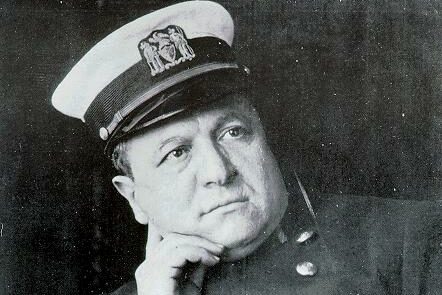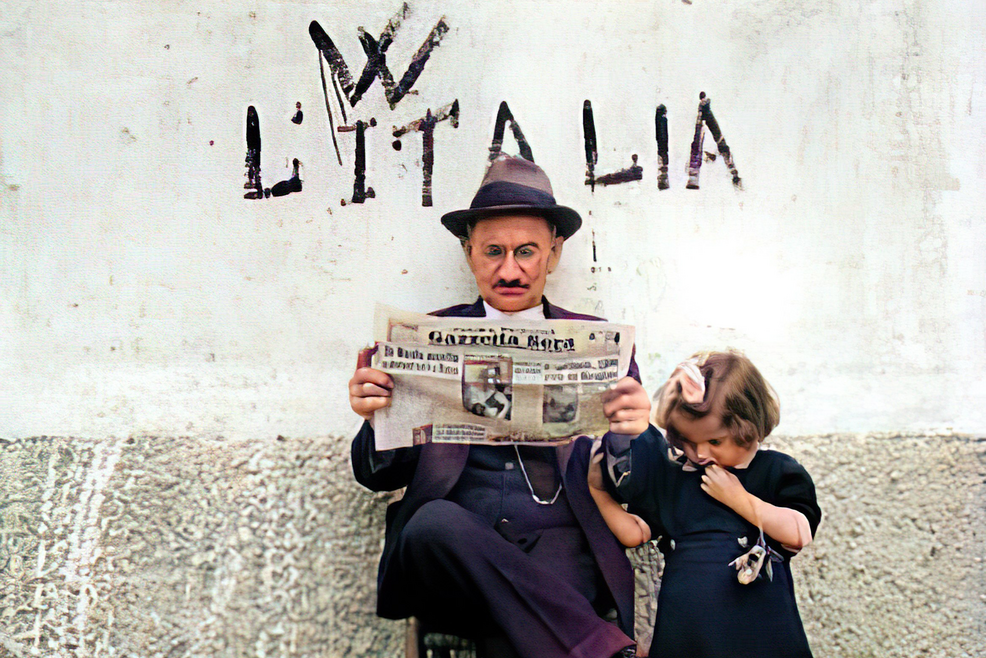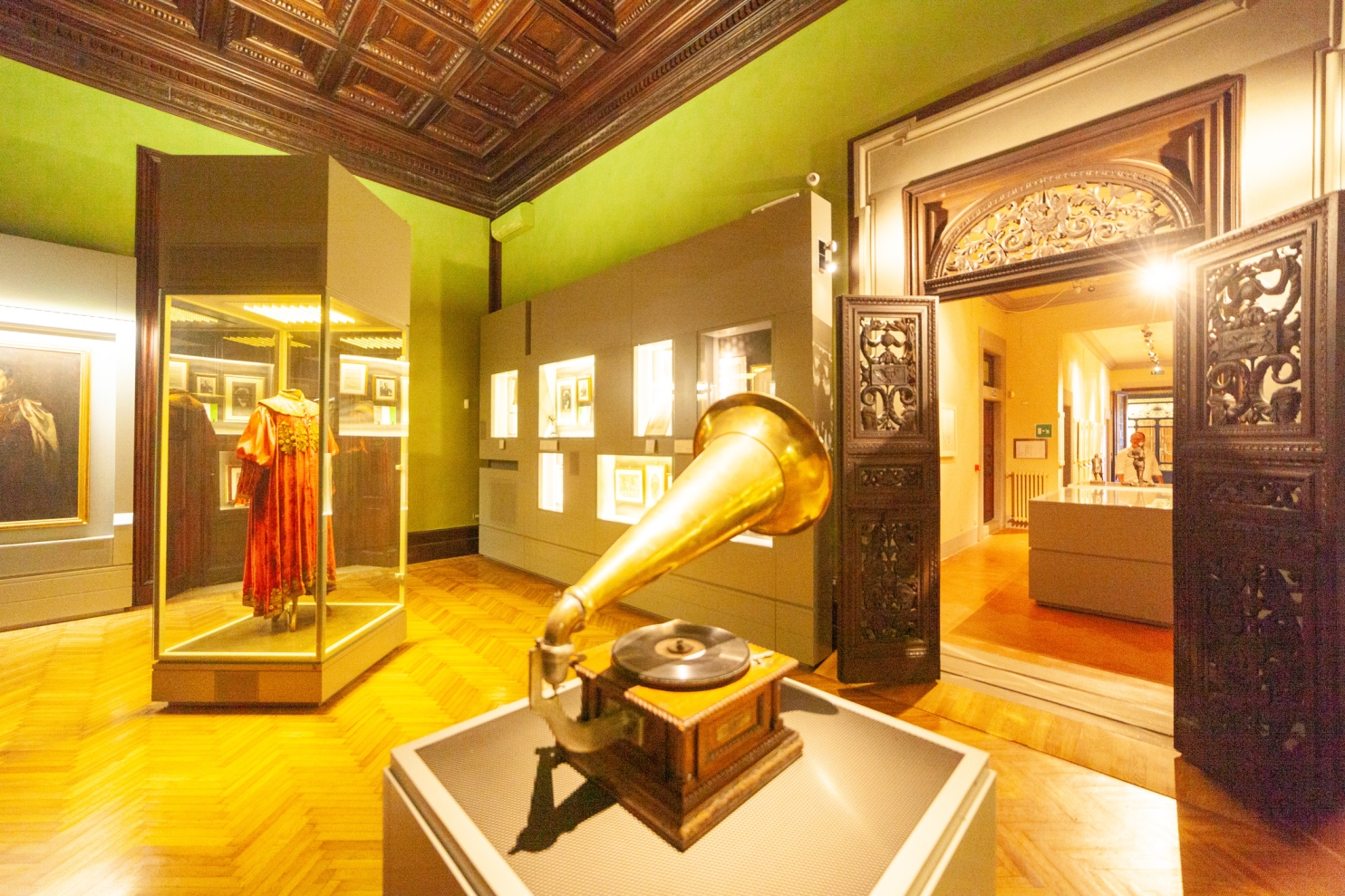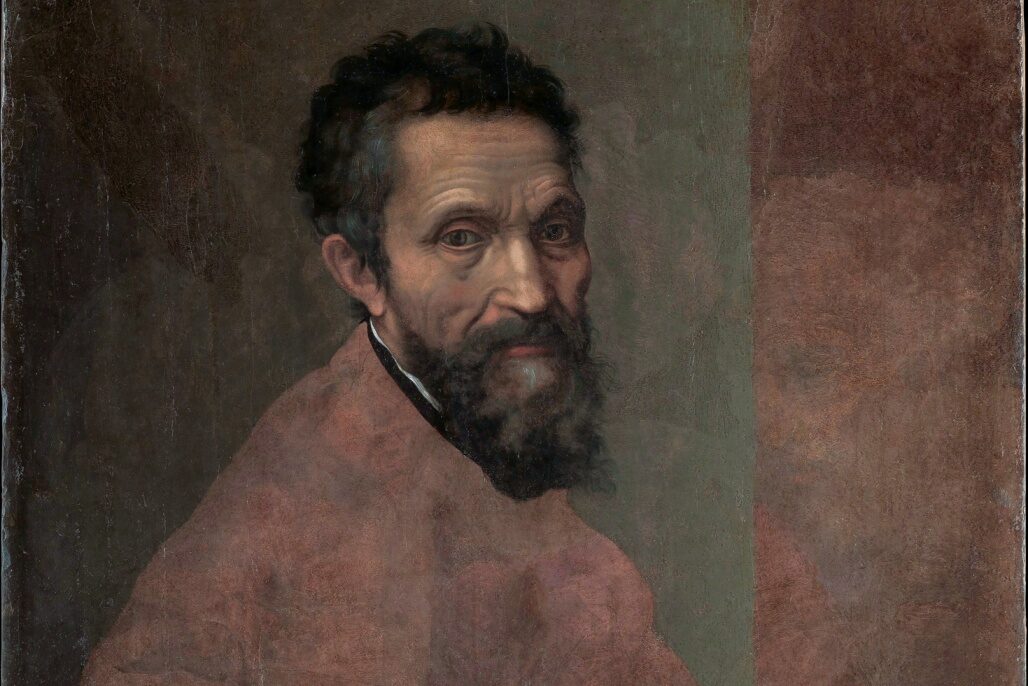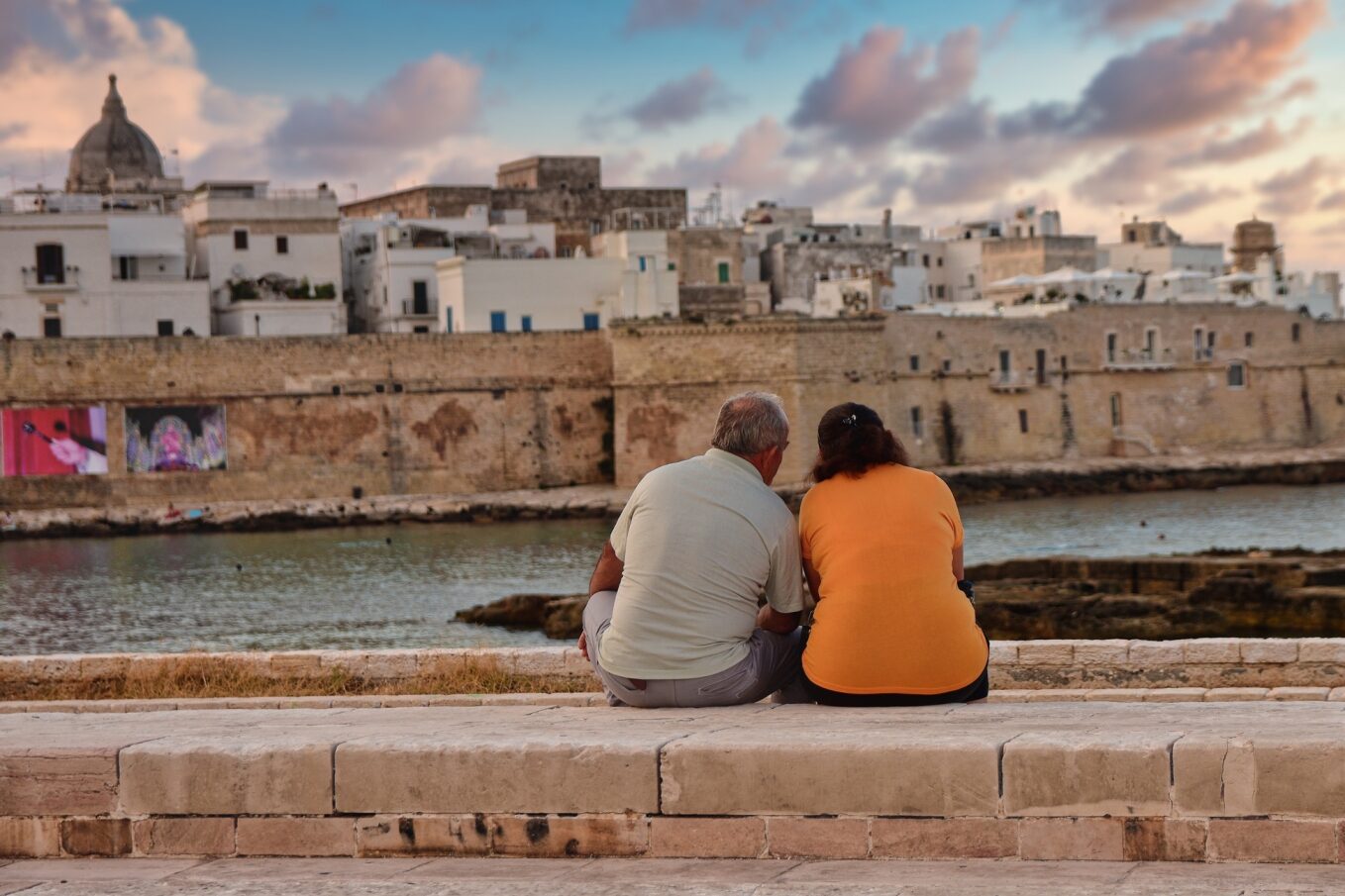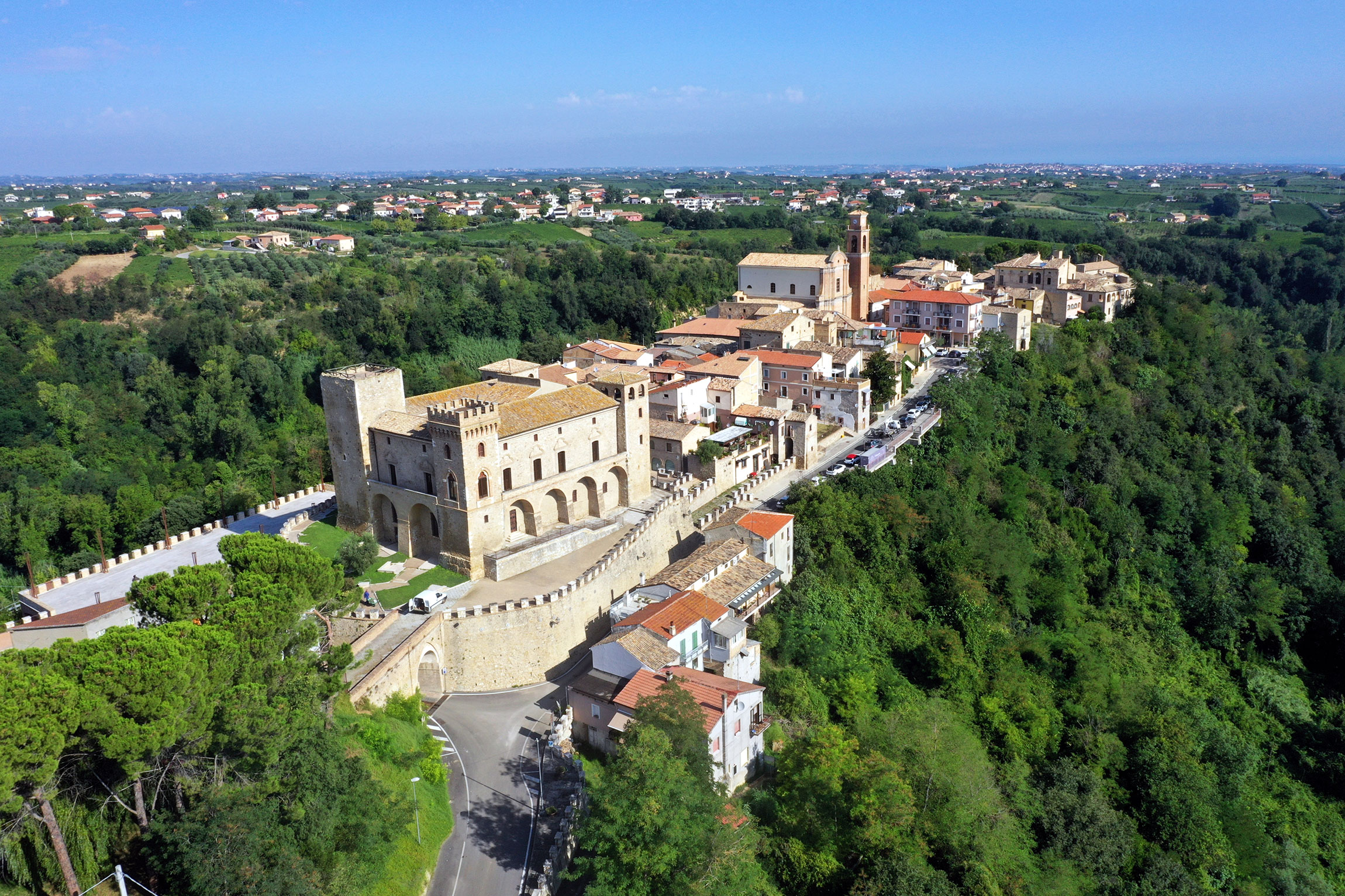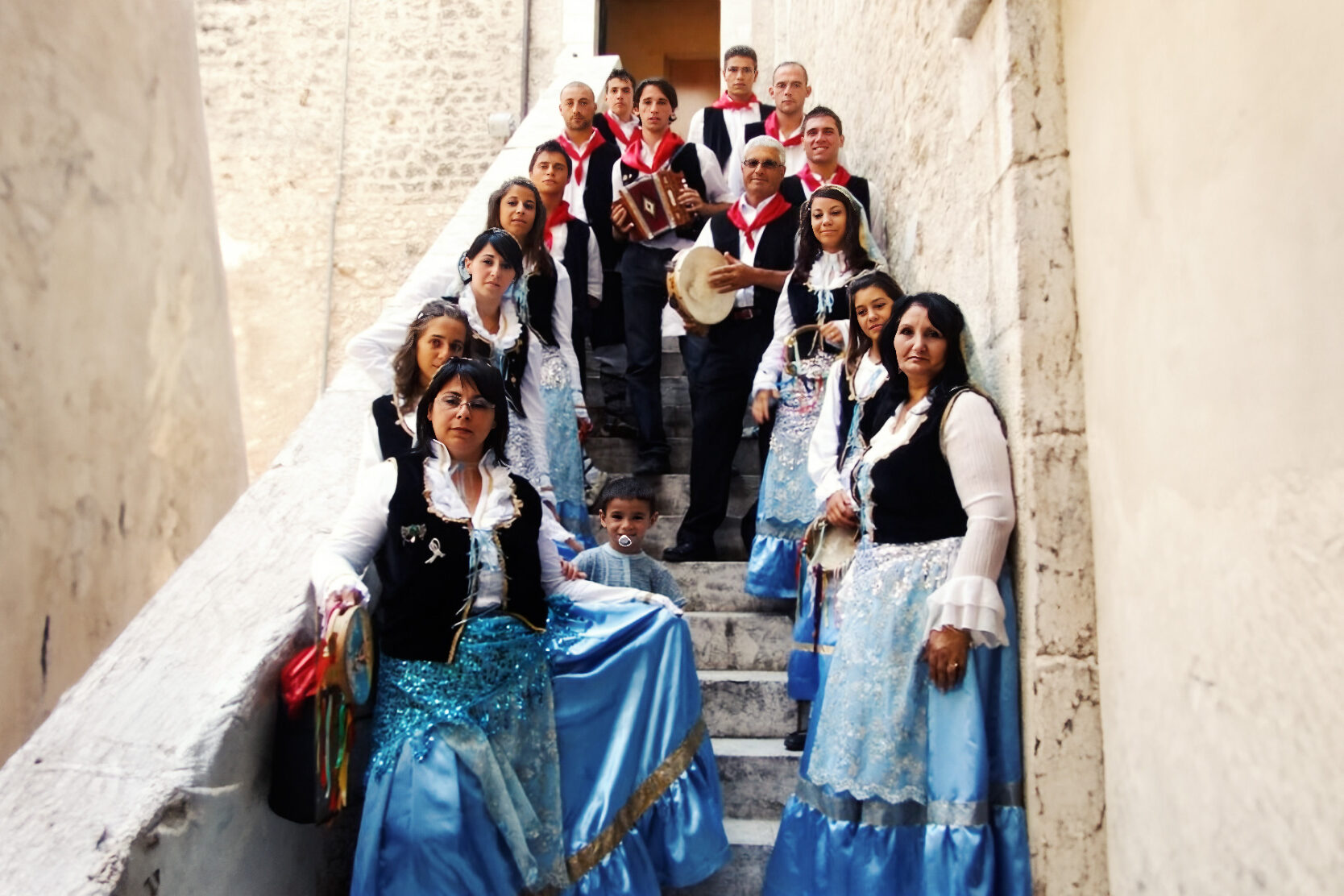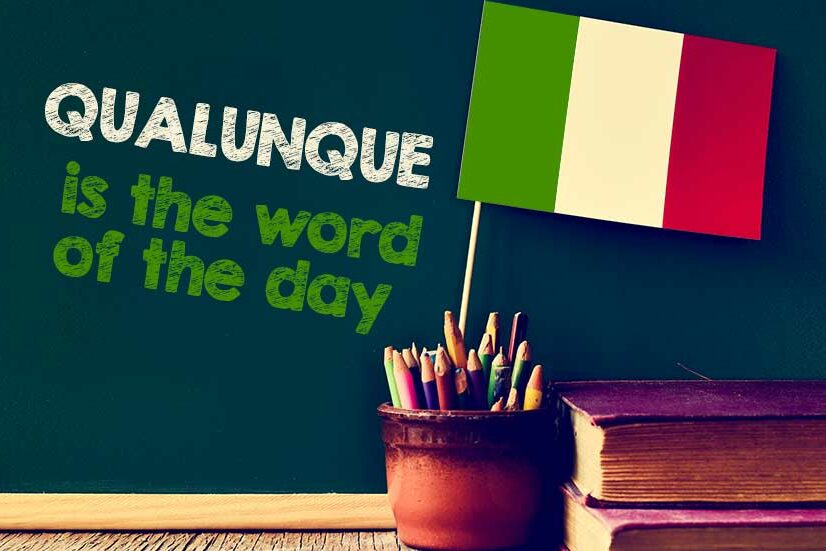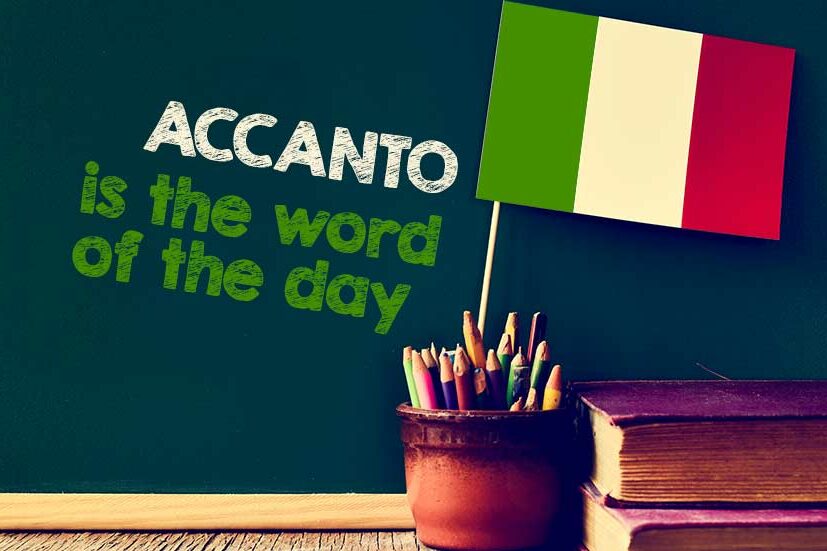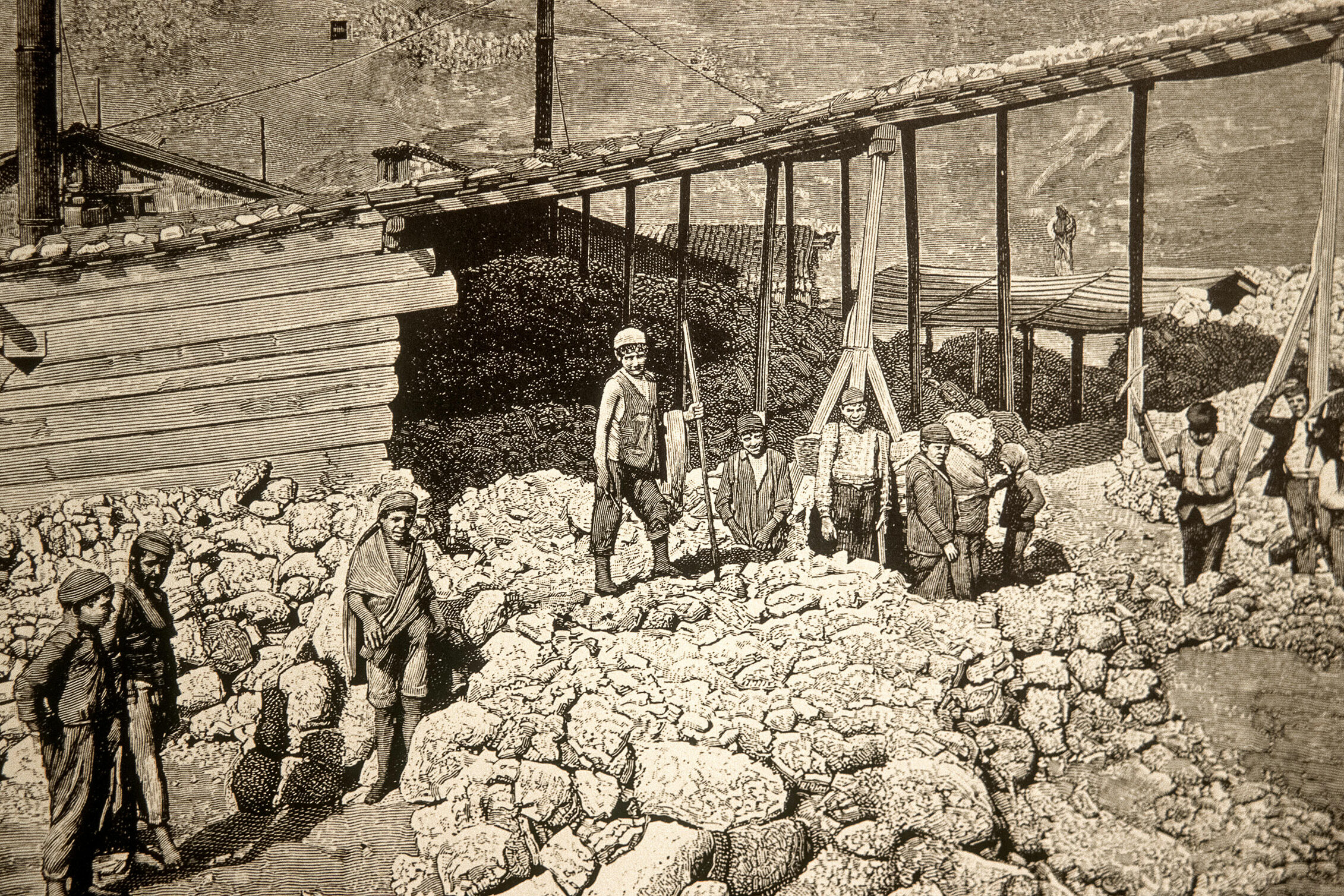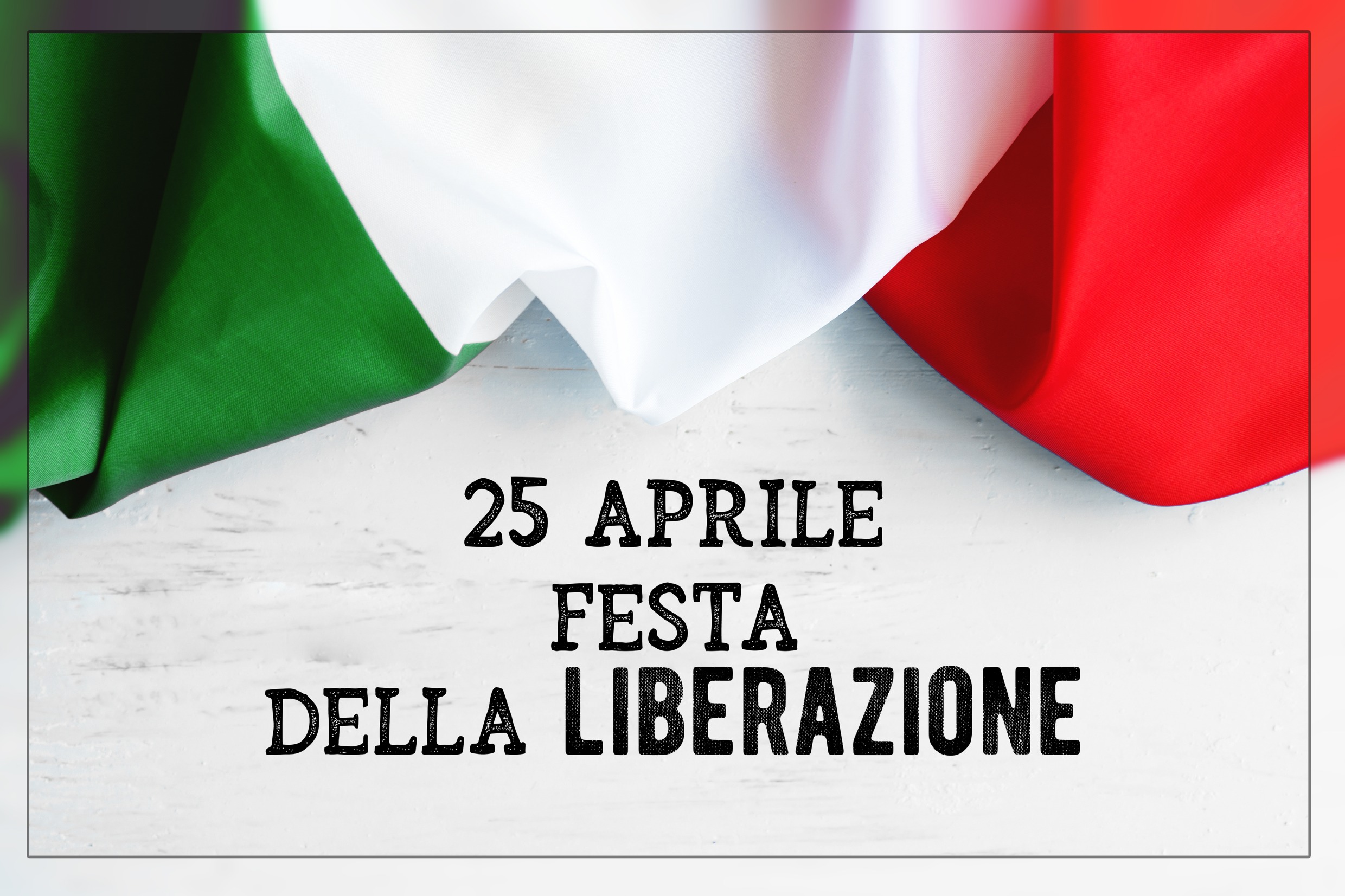Dear readers,
November 2nd is All Souls Day. The early Christians, like their pagan ancestors, remembered their dead on certain days of the year.
**
An assassin’s bullet ended the life of our 35th President, John F. Kennedy, on November 22, 1963, in Dallas, Texas. Kennedy was 46 years old and the youngest US president ever to die.
**
Joe Petrosino (1860-1909), the first Italian-American detective in the New York City Police Department, while working undercover, reportedly learned of a plan to assassinate our 25th President, William McKinley. Petrosino’s warning was ignored and President McKinley was assassinated on September 6, 1901, while attending a public reception at the Pan-American Exposition in Buffalo, New York. Because McKinley had always made a point of his accessibility, the guests evidently were not checked very carefully, and McKinley was shot twice at close range by a young anarchist named Leon Kzolgosz, who had concealed his revolver with a large handkerchief.
After McKinley’s assassination, his vice president, Theodore Roosevelt, took office at age 42.
**
Accolades for Joe Petrosino from the Italian Ufficio Postale.
Grazie to Signor Enrico H. of New York, I learned that a €0.85 Italian stamp was issued in honor of Joe Petrosino, the New York City Police Department’s first Italian-American detective, on the 150th anniversary of his birth. Joe Petrosino was born in Padula, Italy, in 1860 and emigrated to New York City in 1873. He joined the police department ten years later and was promoted to detective sergeant in 1895 by Theodore Roosevelt, the police commissioner at the time. A pioneer in the fight against organized crime, Petrosino headed the city’s first bomb squad, established in 1903. Also known for his undercover work, he is sometimes called the Italian Sherlock Holmes. Petrosino himself was assassinated on March 12, 1909, while working undercover in Palermo, Sicily.
**
Gina Lollobrigida, who starred in films like Beat the Devil (1953), and Trapeze (1956), died on January 16, 2022, in Rome. She was 95. The internationally-known talented actress was quoted as saying: “We are all born to die. The difference is the intensity with which we choose to live.”
**
With Armistice Day (now called Veteran Day) coming up on November 11, I got to thinking about the many bambini born worldwide in the 1890s, who were destined to become cannon fodder during La Prima Guerra Mondiale, World War I, when Italy was allied with Belgium, France, Great Britain, Russia, and the United States, in the war to end all wars. My father Vincenzo, born in 1896, was one of the lucky ones, in that he served in the Italian army, fighting against the Austriaci (the Austrians), and came home to tell and swap tales with his paesani ex-combattenti at their weekly tre sette card sessions on Sundays. As a child, if I was within earshot, the words I remember hearing most were “freddo,” cold, and “neve,” snow, as well as “poveri figli di mamma,” poor mama’s boys, usually uttered by my mother, who would say in Italian that mothers nurtured their young sons like prized hothouse flowers, making sure they buttoned their sweaters or put on their galoshes before going outdoors, and then the government would harvest this fiori di gioventù (flowers of youth) when they bloomed, for servizio militare, and they would go, often poorly equipped and clothed, to fight, and frequently froze to death in some terra straniera. I also got to thinking that, since old men declare wars, but it is the young who must fight them, if it were mandatory that those declaring wars had to fight them or had to send their sons and daughters to be the first in line, there would be fewer wars indeed.
**
An abbondanza of good wishes and buona salute fino a cent’anni to all you veterans of World War II or the wars that followed. There was a time when our military power brokers steadfastly insisted on “nothing but the best for our boys.” President Kennedy quoted this unsigned indictment by an unknown soldier etched on the wall of a sentry box during the Cold War, back in 1960, and assured all that this country does not forget. I hope so:
“God and the soldier all men adore in time of danger and not before. When the danger is past and all things righted, God is forgotten and the soldiers slighted.”
**
Italian-Americans were the largest ethnic group in the United States Armed Forces during the 1940s.
Cari lettori,
Il 2 novembre è il giorno dei defunti. I primi cristiani, come i loro antenati pagani, ricordavano i morti in determinati giorni dell’anno.
**
Il proiettile di un assassino pose fine alla vita del nostro 35° presidente, John F. Kennedy, il 22 novembre 1963 a Dallas, in Texas. Kennedy aveva 46 anni ed era il più giovane presidente degli Stati Uniti a morire.
**
Joe Petrosino (1860-1909), il primo detective italo-americano del Dipartimento di polizia di New York, mentre lavorava sotto copertura, venne a conoscenza di un piano per assassinare il nostro 25° presidente, William McKinley. L’avvertimento di Petrosino fu ignorato e il presidente McKinley fu assassinato il 6 settembre 1901, mentre partecipava a un ricevimento pubblico all’Esposizione Panamericana a Buffalo, New York. Poiché McKinley aveva sempre puntato sulla sua accessibilità, evidentemente gli ospiti non venivano controllati con molta attenzione, e McKinley fu colpito due volte a distanza ravvicinata da un giovane anarchico di nome Leon Kzolgosz, che aveva nascosto la pistola dentro un grande fazzoletto.
Dopo l’assassinio di McKinley, il suo vice presidente, Theodore Roosevelt, entrò in carica all’età di 42 anni.
**
Riconoscimenti per Joe Petrosino dell’Ufficio Postale Italiano.
Grazie al signor Enrico H. di New York, ho appreso che è stato emesso un francobollo italiano da € 0,85 in onore di Joe Petrosino, il primo detective italo-americano del Dipartimento di Polizia di New York City, nel 150° anniversario della sua nascita. Joe Petrosino nacque a Padula, in Italia, nel 1860 ed emigrò a New York City nel 1873. Entrò nel Dipartimento di polizia dieci anni dopo e fu promosso sergente investigativo nel 1895 da Theodore Roosevelt, allora commissario di polizia. Pioniere nella lotta alla criminalità organizzata, Petrosino era a capo del primo nucleo di artificieri della città, fondato nel 1903. Conosciuto anche per il suo lavoro sotto copertura, è talvolta chiamato lo Sherlock Holmes italiano. Lo stesso Petrosino fu assassinato il 12 marzo 1909, mentre lavorava sotto copertura a Palermo, in Sicilia.
**
Gina Lollobrigida, protagonista di film come Beat the Devil (1953) e Trapeze (1956), è morta il 16 gennaio 2022 a Roma. Aveva 95 anni. La talentuosa attrice di fama internazionale disse: “Siamo tutti nati per morire. La differenza è l’intensità con cui scegliamo di vivere”.
**
Con l’arrivo del Giorno dell’Armistizio (ora chiamato Giorno dei Veterani) l’11 novembre, ho pensato ai tanti bambini nati in tutto il mondo nel 1890, destinati a diventare carne da cannone durante La Prima Guerra Mondiale, quando l’Italia era alleata con Belgio, Francia, Gran Bretagna, Russia e Stati Uniti, nella guerra per porre fine a tutte le guerre. Mio padre Vincenzo, nato nel 1896, fu uno dei fortunati, in quanto prestò servizio nell’esercito italiano, combattendo contro gli Austriaci, ma tornò a casa per raccontare e scambiare storie con i suoi paesani ex combattenti durante le loro settimanali sessioni di tre sette della domenica. Da bambina, se ero a portata d’orecchio, le parole che ricordo di aver sentito di più erano “freddo” e “neve”, così come “poveri figli di mamma”, solitamente pronunciate da mia madre, che diceva in italiano che le madri allevavano i figli piccoli come fiori pregiati di serra, badando che si abbottonassero i maglioni o si mettessero le galosce prima di uscire, e poi il governo raccoglieva questi fiori di gioventù quando sbocciavano, per il servizio militare, e li mandava, spesso mal equipaggiati e mal vestiti, a combattere, e spesso morivano congelati in qualche terra straniera. Mi è venuto anche da pensare che, poiché le guerre le dichiarano i vecchi, ma sono i giovani che devono combatterle, se non dovesse essere obbligatorio che chi dichiara le guerre debba anche combatterle o debba mandare i propri figli e figlie in prima fila. Forse ci sarebbero davvero meno guerre.
**
Un’abbondanza di auguri e buona salute fino a cent’anni a tutti voi veterani della Seconda Guerra Mondiale o delle guerre che seguirono. C’è stato un tempo in cui i nostri intermediari del potere militare insistevano fermamente su “nient’altro che il meglio per i nostri ragazzi”. Il presidente Kennedy ha citato questa accusa anonima di un soldato sconosciuto, incisa sul muro di una garitta durante la Guerra Fredda, nel lontano 1960, e ha assicurato a tutti che questo Paese non li dimenticherà. Io lo spero: “Tutti gli uomini adorano Dio e il soldato nel momento del pericolo e non prima. Quando il pericolo è passato e tutte le cose si sono aggiustate, Dio viene dimenticato e i soldati vengono disprezzati”.
**
Gli italoamericani erano il gruppo etnico più numeroso nelle forze armate degli Stati Uniti negli anni ’40.
